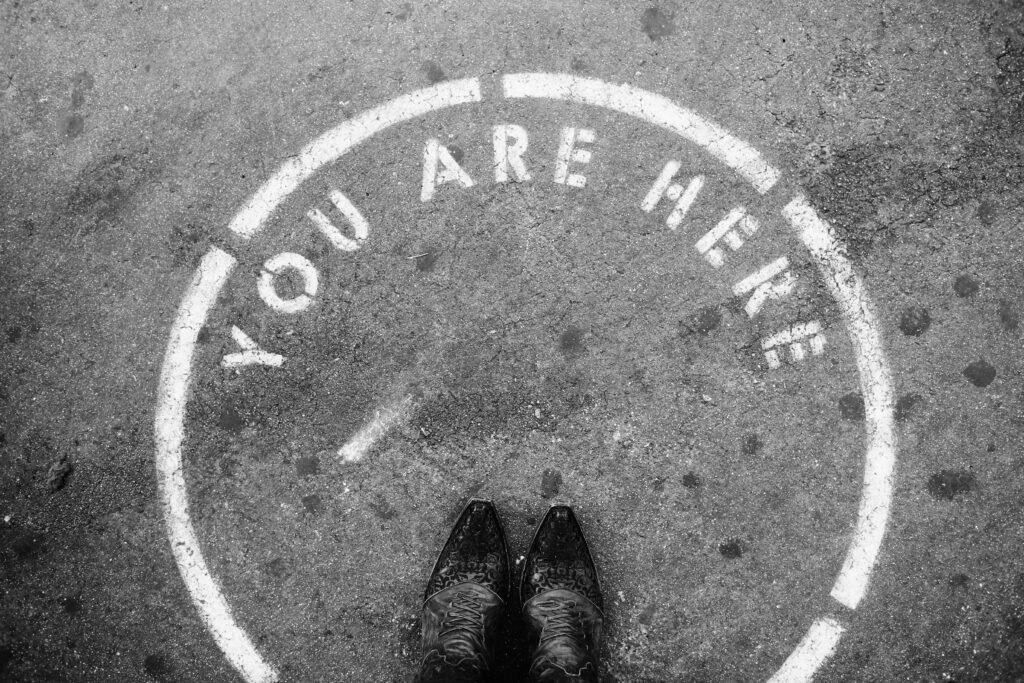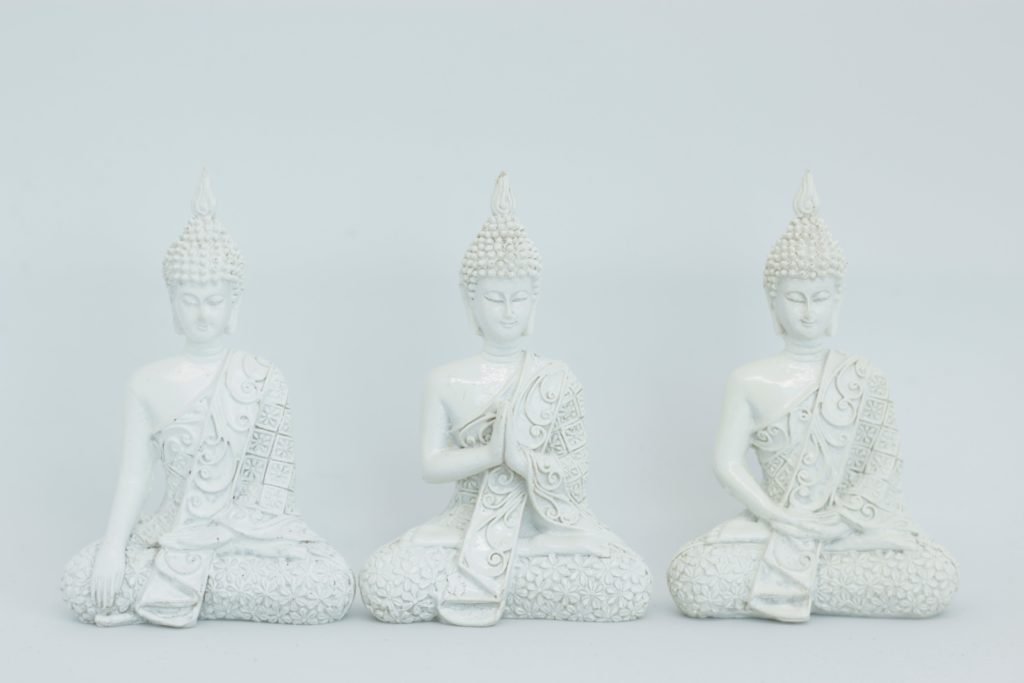
There is a long-held view that at this time of year we should take stock of where we are and where we’re headed.
I subscribe to that. It’s a good time to renew our intentions and redirect our actions.
In Buddhism, “intention” refers to that part of the Eightfold Path which is called “right intention.” Right intentions are the reason we practice.
Buddha identified three kinds of skillful, or right, intentions:
1. Letting go of desire and attachment
2. Cultivating kindness instead of hatred
3. Wishing no harm to any being
These are the reasons we suffer and how we cause suffering for others, so they are important. But I suggest we be far more direct than that, far more literal in our aims.
Our intention must be to be completely, totally, wholeheartedly present in every moment of our life. You don’t have to be a Buddhist to see the merit in that. Maybe you wish you lived in the present, and hope that someday you will be better at it.
To inhabit each moment completely sounds like a tall order. You might think, Maybe buddhas can do that, but give me a break, I’m only human.
But it’s really simple. It comes down to this. To inhabit this moment right here now, you have to stay away from two things. Just two things.
1. The how come—which is you, thinking about the past.
2.The what if—which is you, thinking about the future.
Notice how often you are dividing yourself by ruminating on the past—past hurts, past events, and past people—or on the future, trying to get ahead of a possible problem, by anticipating and overthinking it. Too many of us rely on that kind of forecasting. What do I need to prepare? What do I need to prevent? We spend a lot of time trying to avoid a reality that doesn’t yet exist.
Just by doing that we lose the power of our complete, undivided attention on the present moment: the now, which is the only place and time we ever are. The whole of your life, your only life, is right here now.
Until when are you waiting?
Listen to this full dharma talk by clicking on the player below or by following this link.





 Not long ago I heard from someone who thanked me for giving her permission to struggle with her depression. Oh yes, I assured her, by all means, struggle! Depression is the sane response to the insanity of our lives. Depression is the struggle to be sane! We’re not fools if we struggle with depression. We’re fools if we don’t. It’s crucial that we seek, so we can finally exhaust ourselves, turn around, and find what we already possess.
Not long ago I heard from someone who thanked me for giving her permission to struggle with her depression. Oh yes, I assured her, by all means, struggle! Depression is the sane response to the insanity of our lives. Depression is the struggle to be sane! We’re not fools if we struggle with depression. We’re fools if we don’t. It’s crucial that we seek, so we can finally exhaust ourselves, turn around, and find what we already possess.
 Sometimes I get a little pushback on the topic of Buddhism, particularly the subject of suffering. People say something like, “Gosh, all that talk about suffering! Aren’t you guys a bit over the top with all the suffering? That’s so negative.”
Sometimes I get a little pushback on the topic of Buddhism, particularly the subject of suffering. People say something like, “Gosh, all that talk about suffering! Aren’t you guys a bit over the top with all the suffering? That’s so negative.”
